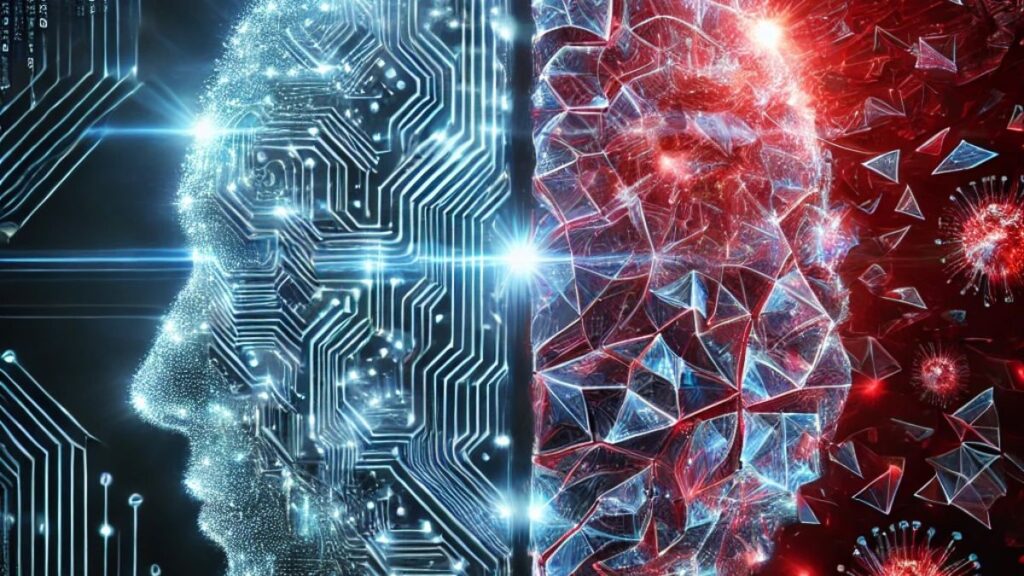Dell Technologies’ acquisition of EMC was textbook, due largely to Dell’s IBM-sourced superior acquisition process, but Dell’s acquisitions before EMC had all been smaller companies that largely left Dell intact. EMC was much larger, and, over time, the PC part of Dell became Cinderella in the story: under-resourced and forgotten. Rather than recognizing the problem, Dell appears to be working diligently to cover it up. This has allowed HP to out-execute Dell so far in sustainability, security, and innovation.
The next area in which HP is working to pass Dell is in applied AI. HP is focusing on making HP hardware users both more productive and less aggravated by their personal hardware regardless of whether they are working on-site or remote.
Let’s explore this coming advance this week.
The IT Problem
The problem with supporting Windows hardware is that the hardware often comes from a variety of vendors, and the tools to manage and secure this hardware also come from a variety of vendors who don’t work well together. This makes interoperability a pain. In addition, users don’t provide feedback until they are irritated, so IT departments that are typically under-resourced to begin with have to deploy people who are already overworked to address the problem. This results in long response times, incomplete or unnecessary fixes, and a lot of avoidable aggravation for the user.
What is interesting to note is that Apple tends to get a better reputation for support because Apple users form support groups that deal with these problems themselves since many IT departments don’t embrace the Apple platform.
The interesting result is that while Windows should be better in terms of user satisfaction because Windows PC vendors work with IT and Apple does not, the opposite is true because Apple users have more control over the overall experience.
But what if you used the full potential of a Windows PC and AI to fix this problem? That’s what HP is doing with HP Digital Services. It offers in pre-beta and is deployed in HP for only a handful of enterprise customers. The results have been amazing.
HP Digital Services
HP Digital Services enhancement starts with the full instrumentation of the user and their PC. This requires some hooks to be in place on the PC, and this information is supplemented with targeted surveys based on user activity. The result is that HP supplies the services, and the user gets a dashboard showcasing not only where the problems are emerging, both individually and in aggregate, but also the causes of the problems.
AI comes into play for written responses to open-ended questions, so a service professional doesn’t need to read each written response because the AI aggregates them into a common grouping in order to highlight what may be a far larger problem that is described differently by individual users.
From the dashboard, the service department gets a digital ranking of what is causing problems and the ability to diagnose and get recommendations as to the fix for those problems. As the AI tools advance, both the identification and remediation of the problems will be increasingly automated. The end result will be that users’ problems will be fixed before they are aware of them. Additionally, the service organization operates with less and less break/fix overhead, and that will reduce operational costs if these services are done by the firm, or lower costs to HP and allow it to provide these services at ever more attractive prices profitably.
Wrapping Up
As AI advances, one of the places where AI tools can make a huge difference is in support by being able to look at relatively diverse and massive datasets and target both hard-to-identify and complex problems, and then use its training set to either advise on fixes or implement those fixes autonomously. This should result in more productive, happier users and far less aggravation for both IT and the users IT supports.
The greatest benefits will come from IT shops that are using the entire HP technology stack because that stack is being modified to best work with this service and significantly lower the complexity that currently revolves around PC hardware in enterprises.
Dell’s understanding and use of AI currently lag behind the industry. While it’s doing a decent job of marketing around this shortcoming, marketing collateral doesn’t get the job done. This is why HP is able to move around Dell with what will be a far more comprehensive solution.
The beta for these enhanced services is due later this year, with GA in early 2025. As it stands now, this capability will be a massive game changer, particularly if, as I expect, it catches Dell unprepared.
- Lenovo’s Secret Weapon: Solving AI’s Failure-to-Launch Crisis - November 3, 2025
- Guarding the Digital God: The Race to Secure Artificial Intelligence - October 27, 2025
- Is Windows the New Internet Explorer? How Microsoft Is Slowly Killing Its Most Iconic Product - October 17, 2025



